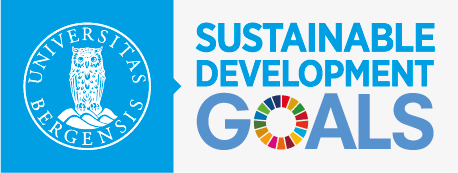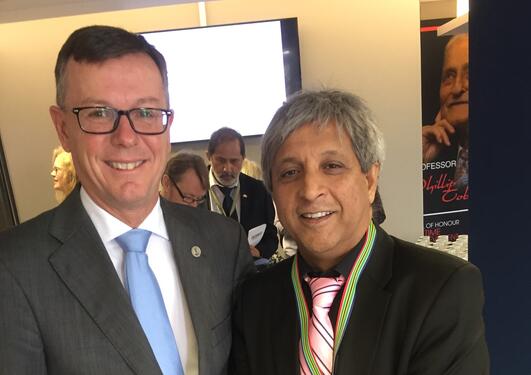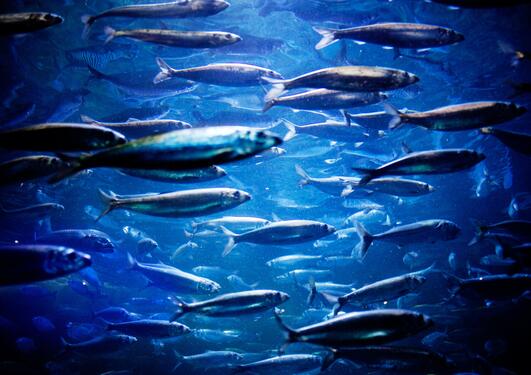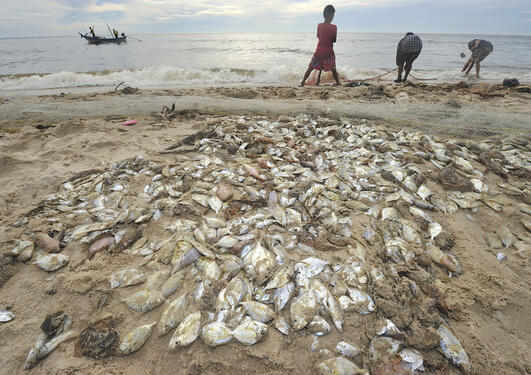Building partnerships for global sustainability
At the end of the Norwegian delegation visit to South Africa, Rector Dag Rune Olsen chaired a panel discussing the future of education for global sustainable development.

Main content
Rector Dag Rune Olsen from the University of Bergen (UiB) opened his introduction to the panel discussion on “SDGs and academic collaboration: the way forward” at the close of the official Norwegian delegation visit to South Africa by quoting the then president of the United Nations General Assembly, Peter Thomson, on the Sustainable Development Goals (SDGs).
In April 2017 Thomson wrote a letter to the leaders of higher education institutions around the world: “Everything I have learned has convinced me that, the 2030 Sustainable Development Agenda provides humanity with the best chance we have to shape a sustainable way of life for our species upon this planet. It goes without saying that young people are the most capable of the transformation required, having the most to gain or lose, from the success or failure, of the Agenda. I therefore make this sincere request to you to make these goals an integral part of research, teaching and study at your institutions.”
Challenging the university sector
“This is a direct challenge to all of us in the university sector to engage with the SDGs and the 2030 Agenda. Not the least when it comes to reconsidering the education that we are providing to our students,” said Rector Olsen, who himself has taken direct action at UiB by establishing the strategic initiative SDG Bergen.
Olsen pointed out that the university sector is really capable of contributing, and asked the panel: How best to do it? And then pointed to another example from UiB.
“By establishing the National SDG Conference Bergen, we have developed a platform where politicians, academics, industry, civil society and others who wish to engage with the 2030 Agenda can meet yearly and discuss how the SDGs can best be tackled. In this platform students are a core component,” said Olsen.
Students push for change
He pointed to how students had asked critical questions at the inaugural SDG Conference Bergen in February 2018, and how he immediately answered their challenge and promised to make UiB climate-neutral by 2030.
“But it doesn't stop there. At UiB we are currently in the process of re-evaluating our study programmes. We look at how they should be changed or supplemented or in other ways developed to engage with the Goals,” said the UiB Rector, pointing out that this is a challenge facing the entire university sector and higher education.
“I am really happy that this has been in response to the demands, so to speak, of our students. Putting knowledge into practice in our study programmes. On the SDGS, make use of new technology, but also contributing to science diplomacy for impact and to make sure that the implementation of the Goals is based on knowledge and research,” he said, “as well as building partnerships globally.”
Leading the way in Ocean science
The UiB Rector also pointed to the key role the university has been awarded, both by the United Nations Academic Impact (UNAI) and the International Association of Universities (IAU) to be the Hub academic institution for SDG14, Life below Water.
“We are proud to have been announced the academic institution to take on the responsibility for SDG14, being one of 17 institutions worldwide with responsibility for one of the SDGs,” said Olsen before adding:
“But this is not something we can do alone. That is why it's so important for us to be present here in South Africa, where we already have many strong and long-lasting partnerships. This gives us an opportunity to expand on these collaborations and to find ways of working together towards scientific knowledge in Ocean science and SDG14,” said Rector Dag Rune Olsen.
Partnerships in South Africa
Among the many partnerships that were highlighted during the visit to South Africa, were student exchange programmes in many fields with presentations of projects from the Faculty of Psychology and the Faculty of Mathematics and Natural Sciences, with a focus on health and marine sciences respectively.
Several global health initiatives from the Faculty of Medicine and the Faculty of Psychology were also presented during a one-day session at the University of the Western Cape (UWC), which hosts the Southern African-Nordic Centre (SANORD) of which UiB is a founding member and has been one of the pioneering university networks for work on the SDGs.
There was also progress on the voluntary commitment made between UiB and the Nansen-Tutu Centre at the University of Cape Town (UCT) at the 2017 UN Ocean Conference, with Marine Dean Jarl Giske visiting Cape Town to follow up on this.



